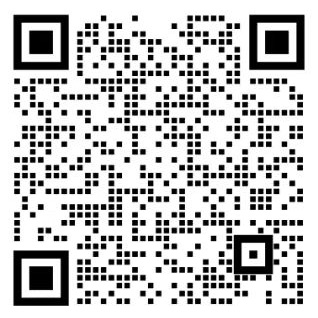will shift from being "visual creators" to being "builders of brand meaning systems and guides of connectivity mechanisms."
1. Real-world changes: AIGC's enhanced capabilities are reshaping the design process.
* AI can now efficiently produce logos, packaging, KVs, short videos, and web templates.
* Designers' "hand-drawing" skills are no longer scarce, and even some "artistic styles" have been solidified by models.
* The threshold for visual output has been lowered, making aesthetic design a common skill, not a professional barrier.
2. Brand Competition: Shifting from "Looks Good" to "Memorability + Favorability + Communication"
* Amidst homogeneous products and saturated visual impact, the key question is whether a brand can connect.
* "Design" is no longer simply about embellishing a product; it's about shaping brand perception and building emotional connections.
* Users retain memories not for aesthetic design, but for "meaning, story, and feeling."
3. Complex User Paths: Brand design is no longer static, but a "fluid connection."
* User encounters are increasingly fragmented: 5-second videos on Douyin, images and text on Xiaohongshu, search results, AI-generated summaries...
* Brands no longer rely on a single logo, but rather on a comprehensive "recognizable system" that aligns visuals, language, and values.
* In the AIGC era, this system must be understandable by machines, memorable to users, and adaptable across platforms.
4. Shifting Responsibilities: The designer's role becomes a "brand system operations officer."
* Being able to write prompts, understand platform ecosystems, and output design language specifications have become new fundamental skills for designers.
* Deciding "what a brand says in what context" and "how visuals stimulate user engagement" has become more valuable than simply visual appeal.
A brand designer's core competency = building a unique brand meaning system that is perceptible and memorable to users × guiding the brand to maintain stable user connections across multimodal scenarios.





